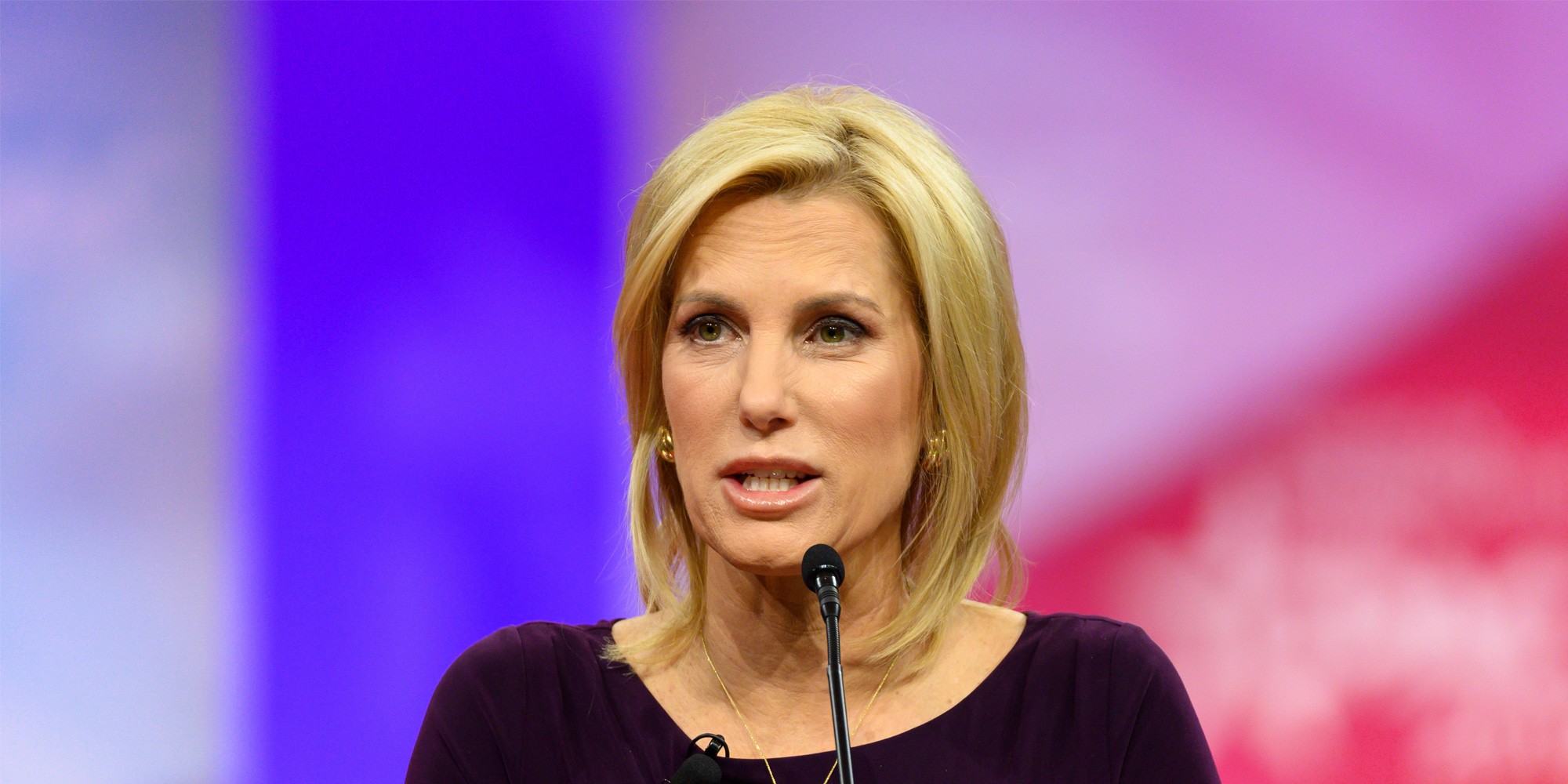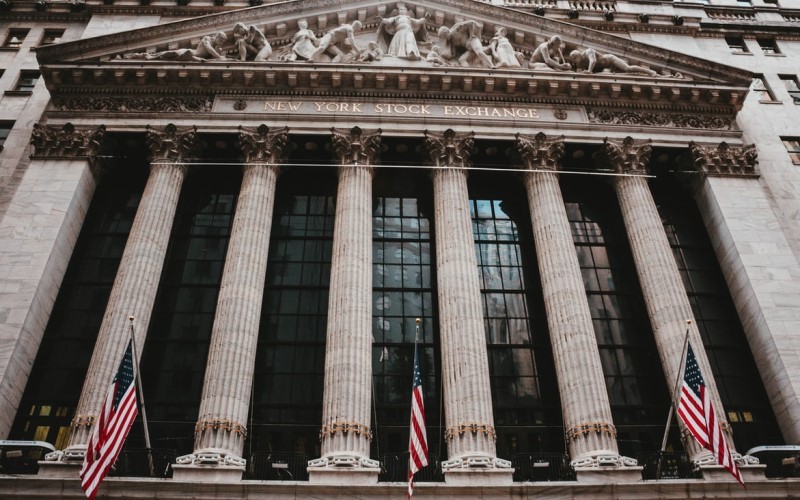- Dec 18, 2007
- 10,979
- 6,797
- AFL Club
- Essendon
- Other Teams
- Non that play Essendon
Nope, housing used to be affordable. That was back before the property market was abused and defiled by bankers and investors. How come the number of 25-34 year olds who own a house has decreased as house prices have increased?
Nope the money from the charity goes to the charity CEO, so the CEO can buy a Mercedes to drive themselves to a golf course... firstly, the administration costs alone are stupid, especially given the government (a responsible one) already has this in place and doesn’t have to duplicate this. Why would a person want to donate to create administration? Secondly, a responsible government should contribute money to everything any charity is attempting to raise money for, education, research, aid, health, environment etc etc.
I’d prefer to work in the 80s and be able to afford housing than be a slave in the 00s.
When it comes to buying a house, the 1980s were not great for the poor, the numbers might have been smaller but to obtain a mortgage was harder and many poor people use to live in boarding houses or rented just as they do today and we had foreign investment in the 1980s property market, we always have had it.






